
OR
Koshi CM Thapa to SC: I took trust vote as per Constitution
Published On: August 30, 2023 04:30 PM NPT By: Republica | @RepublicaNepal
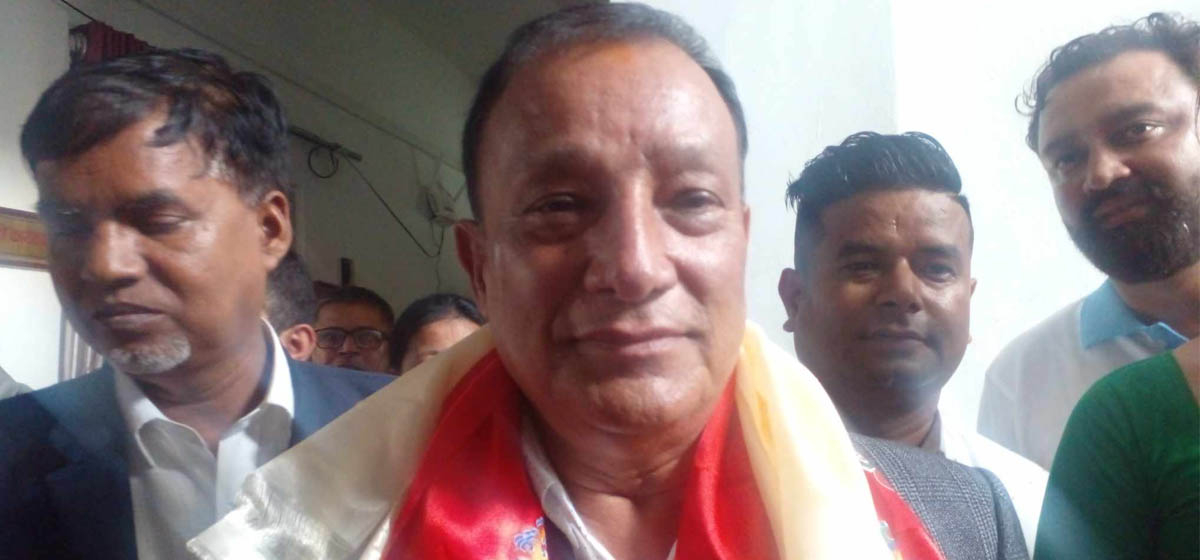
KATHMANDU, Aug 30: Koshi Chief Minister (CM) Uddhav Thapa has submitted a written response to the Supreme Court (SC).
According to Chief Attorney of the province, Buddhi Bahadur Katuwal, claiming that the vote of confidence received from the provincial assembly is in accordance with the Constitution, the government submitted an argument that the vote of confidence was taken in accordance with Article 188 of the Constitution and submitted a written reply saying that the person who presided over the meeting according to that article can vote.
The writ petitioner, CPN-UML, said that the government had taken a vote of confidence in accordance with Article 188, saying that the person presiding over the meeting was allowed to vote according to this article.
The government has submitted a written reply to the Supreme Court on Wednesday regarding the case which will be fully heard from August 31.
On August 21, CM Thapa took the vote of confidence. After Deputy Speaker Srijana Danuwar went to Kathmandu after skipping the meeting, ruling party MP Israil Mansuri presided over the meeting. After Mansuri voted for the Chief Minister Thapa, UML leader Hikmat Karki went to the court.
A single bench of SC Justice Ishwor Khatiwada said that the vote of confidence taken by Thapa was not in accordance with the constitution and asked not to take long-term decisions.
The government has said that Article 186 will not be applicable in the vote of confidence because the vote of confidence is not by the majority of the members present but by the majority of the members remaining in the provincial assembly. In response, the government has stated that the provision regarding vote of confidence will be in accordance with Article 188. According to clause 3 of Article 188, the CM has to obtain a majority of all the members of the Provincial Assembly.
Article 188 of the Constitution provides for a vote of confidence and motion of no confidence. In Article 188 (1), it is mentioned that "The CM may put a motion before the Provincial Assembly for a vote of confidence if he deems it necessary or appropriate to clarify that the Provincial Assembly has confidence in him."
Similarly, in Article 188 (2), there is a provision that 'if the party represented by the CM is divided or if the party participating in the provincial government withdraws its support, the chief minister shall submit a proposal to the provincial assembly for a vote of confidence within 30 days. If the proposal is not passed by the majority of the members of the provincial assembly, the chief minister will be relieved of his post.
The ruling coalition of Koshi has been saying that the vote of confidence taken by the CM is in accordance with the constitution based on the three articles of the constitution. Chief Attorney Katuwal said that the same was mentioned in the reply given to the Supreme Court.
The alliance has also been insisting that Article 187 of the Constitution has provisions related to the special powers of the Provincial Assembly. It is argued that according to that article, any decision, discussion and voting in the provincial assembly cannot be appealed to the court.
Article 187 (1) provides that there shall be complete freedom of speech in the Provincial Assembly and no action shall be taken in any court regarding any matter expressed or opinion given in the Provincial Assembly. Similarly, Article 187 (2) states that the Provincial Assembly has full authority to take action and make decisions and that only the Provincial Assembly has the right to decide whether any of the Provincial Assembly's actions are regular or not.
In Article 187 (3), there is a provision that no commentary-comment shall be made on any action of the Provincial Assembly raising doubts about its good intentions. In Article 187 (5), there is a provision that no action shall be taken in court against any person regarding the publication of any document, report, vote or action under the authority of the Provincial Assembly.
Based on the three articles of the constitution, the alliance has claimed that the voting done by the presiding council members aligns with the provisions of the constitution.
You May Like This
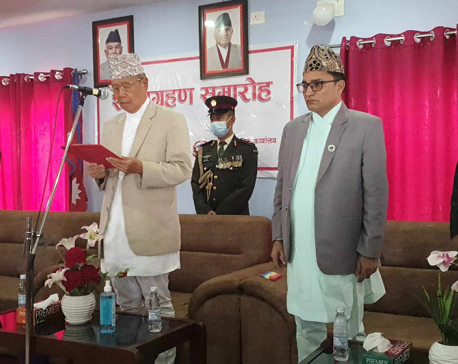
Final hearing on petition against Koshi CM scheduled for today
KATHMANDU, Sept 1: The Supreme Court (SC) is holding the final hearing on the writ petition filed by the CPN-UML... Read More...

Joint bench of Justices Malla and Mathema to hear case against Koshi CM Thapa
KATHMANDU, Sept 3: The hearing of the writ petition against the Koshi government is taking place today. The hearing scheduled... Read More...

Koshi CM Thapa to take trust vote on August 21
KATHMANDU, Aug 18: Chief Minister (CM) of Koshi Province, Uddhav Thapa, is scheduled to take the vote of confidence in... Read More...
Just In
- Police arrest individuals for defrauding Rs 30 million from 219 individuals misusing discovered citizenship
- FNJ demands full press freedom, announces election on June 8
- Price of gold and silver experiences fluctuations throughout this week given instability of conflict in Middle East region
- 73 succumb to tobacco consumption every day
- In Pictures: Preparations underway for Rato Machindranath chariot procession at Lalitpur
- Meeting called by Sudurpaschim CM Sodari to seek vote of confidence postponed
- Stock Analytics Software ‘gaining popularity’ in Nepal
- Health Ministry warns of action against health facilities running illegally






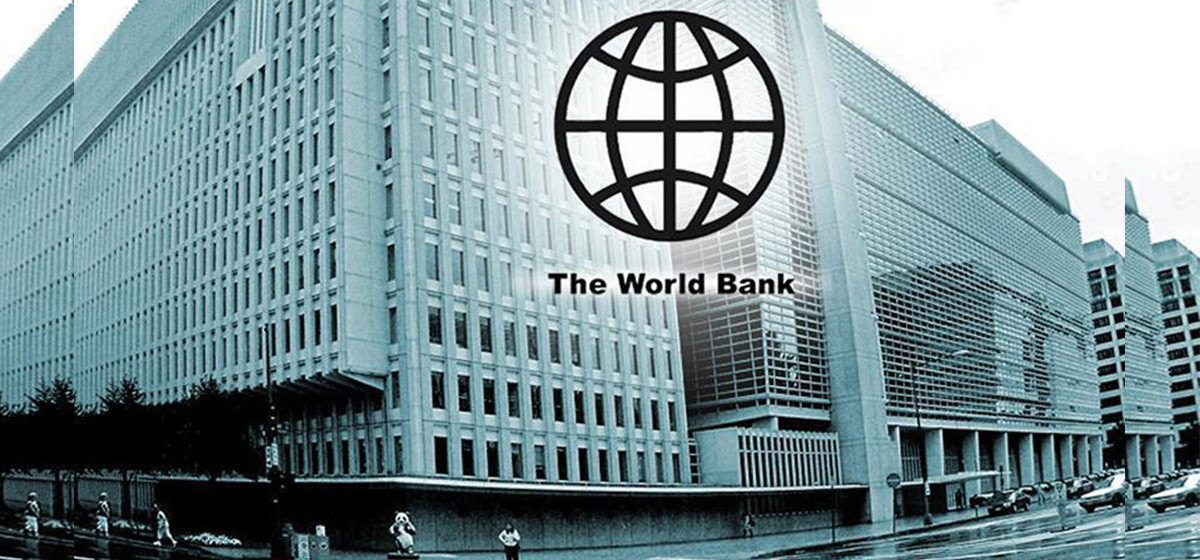









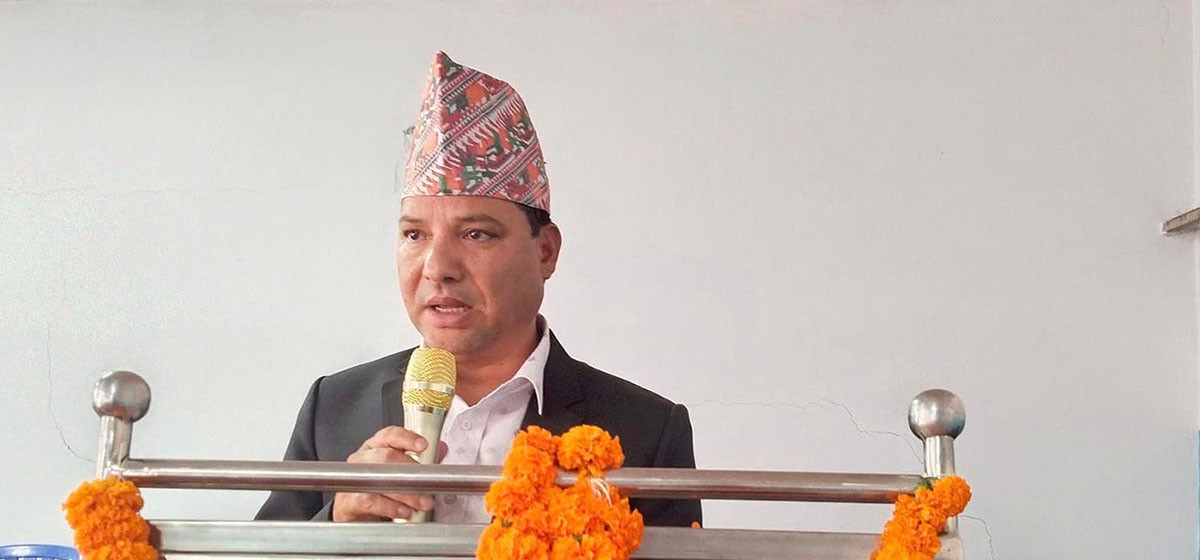
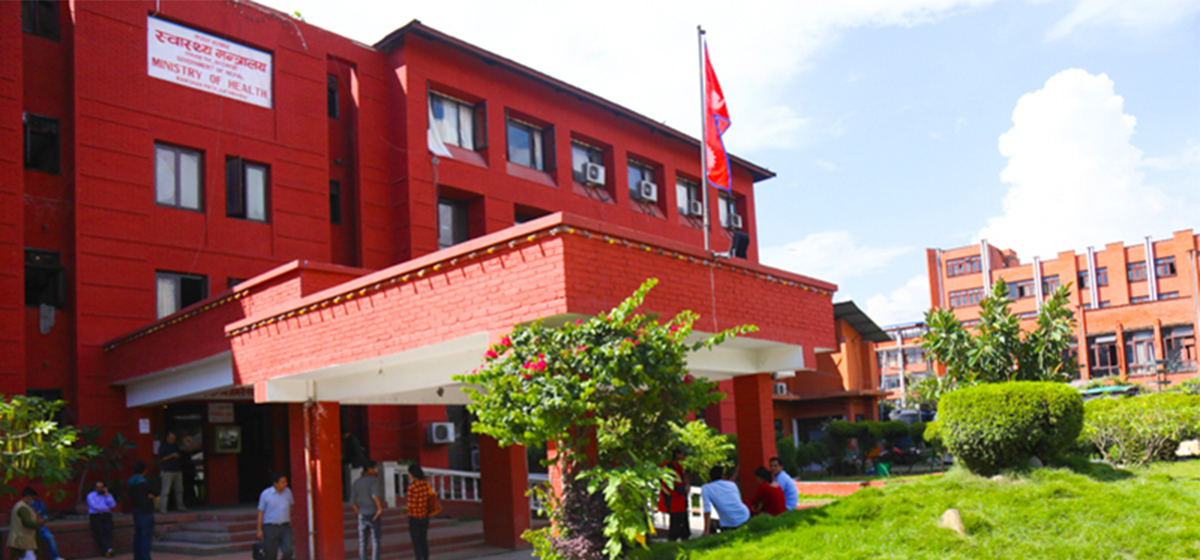

Leave A Comment